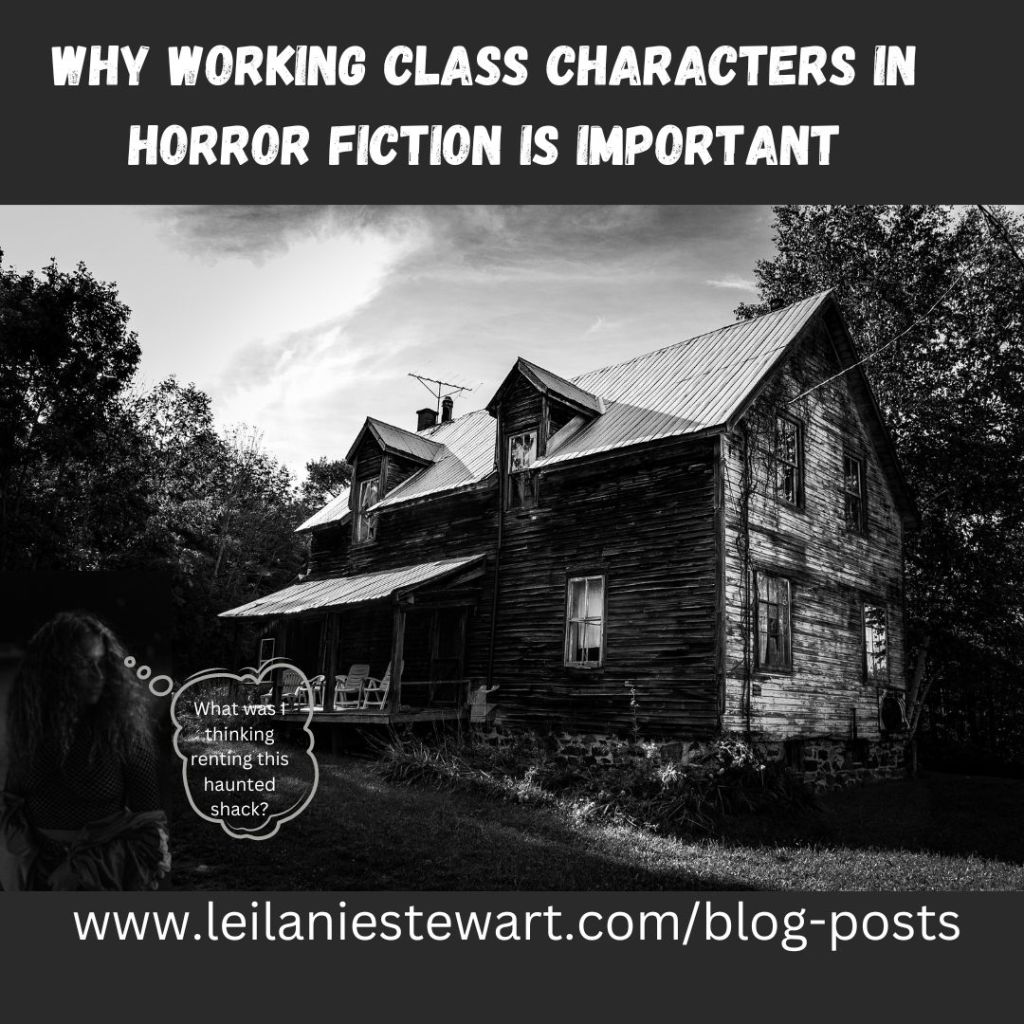
Books are important. Reading and literacy are important. According to one source on Statistica, 83% of adults in the US read at least one book in 2021 – you can read the stats here.
If so many people are reading books, isn’t it important to have characters we can relate to? Representation is important.
As a child growing up in East Belfast in the 1980s and 1990s, I found very few characters I could relate to in the books I read. None were from a poor working class family as I was. None lived in a council house. None had low aspirations and went largely unseen.
Well, maybe a few. I found the books with characters I could relate to: girls who were different, or odd, and who struggled. Some of my favourites were Rebecca in Jacqueline Wilson’s Glubbslyme about a girl from a single parent family being raised by her dad and being bullied at school – until she found a magical frog that was once a familiar for a famous witch, and inadvertently became his new witch. I also liked Ione in The Summer-House Loon. Often alone, and emotionally neglected by her busy father, her life got more interesting when a new, slightly odd neighbour arrived.
As a writer now myself, it’s important to me to include characters from a working class background. My characters may struggle financially: they are renters in a precarious market; they are co-owners as they can’t afford a mortgage outright; they are from poor backgrounds; they are struggling students; they change or start new jobs. Essentially they feel trapped.
I think feeling trapped in a situation adds a delicious layer of fear in a horror story that an author can use to grip the reader. It’s not something that’s unique to working class characters of course (in the many horror books I’ve read featuring middle class characters who have bought or inherited a haunted house, they too are trapped by their financial windfall) but I think being poor, and struggling, adds that extra layer through the loss of control over the situation. This ultimately makes their journey, and the outcome of their story, harder hitting in a different way, through what they achieve.
I have found a few Indie authors who have featured working class characters in horror novels. Alan Aspinall is a good example, with a family stuck in a haunted council estate house in his book, Ghost Stories, and Vicky Peplow who used her experience of growing up in a coal-mining town in Northern England in her ghost fiction.
I myself will continue to write of characters on the fringes of society who suffer for the horror they face, but ultimately overcome the challenges. Well, kind of…

I guess you’re right, and we don’t see enough characters like that. I was about to say that I’m guilty as charged, but then remembered a few characters in my own books who are certainly deprived and from the wrong side of the tracks. Phew! I come from a similar background to your own that you’ve mentioned – albeit from North London – but I don’t write horror stories. In general I suppose I call on the type of characters required for the scenarios I dream up. An interesting thought though. 🙂